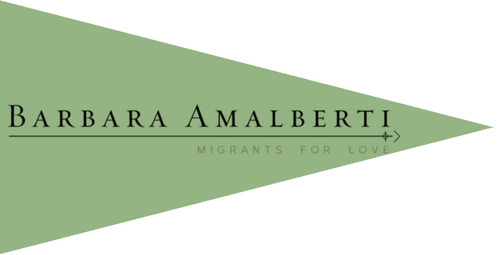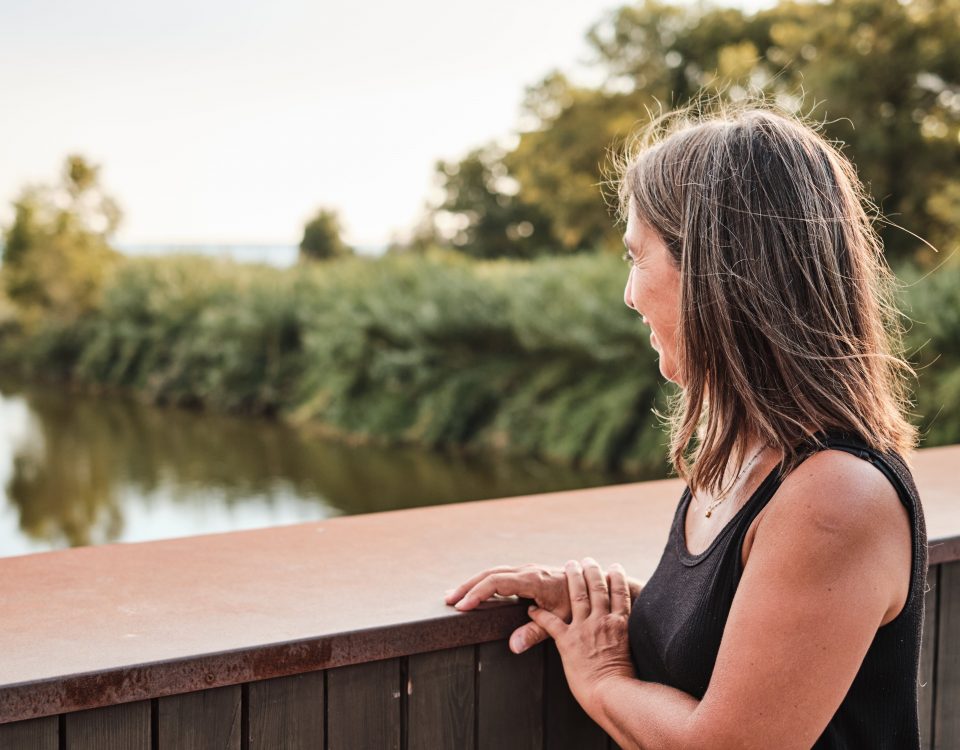
Expat identity, how to be yourself again
November 28, 2022
Mindful distance
September 12, 2023For those who have chosen to live abroad, the distance from loved ones is part of everyday life and we all finds tools and resources to better face this challenge.
Nevertheless, there are times when being apart is particularly difficult, both emotionally and practically.
An example? When parents gets older and frailer.
Distance in those moments can get really hard and, in some cases, makes us question our choices, affecting family dynamics and awakens those dormant feelings of guilt.
It feels like we have no choice.
We are at the mercy of conflicting emotions and thoughts that seems determined to put barriers and obstacles to our well-being.
How can we accept this difficult situation and cope with the discomfort that follows?
Is it possible to find a balance between aging parents and expatriation?
I have often come across this dilemma, both personally and professionally, and I believe that, despite the situation appearing out of our control, we always have a choice.
In my view, there are three possible approaches to manage this problematic issue.
Leave our adoptive country and go back to our country of origin
Leaving our adoptive country will bring us physically closer to our parents and we will be able to be part of their daily life and offer the support they need.
But it will means having to deal with a series of obstacles and barriers: bureaucracy, a system we are no longer used to and, in some cases, the distrust of the family itself.
Furthermore, we must consider whether a move would make our life better, taking into account our current life (career, partner, children, social network).
Stay where we are and accept what we cannot change
In many cases, leaving the country of adoption is impossible, just as it is impossible to stop the physical and mental deterioration of the parents.
We have tried to do everything to come up with a solution and change the current situation, but we find ourselves stuck and without alternatives.
Accepting what we cannot change means making room for those uncomfortable and painful emotions, letting go of hostile and judgmental thoughts, acknowledging anxiety and worry.
Stay where we are and change what we can
The third alternative is to remember that, even if it doesn’t seem like it, there are things we can change, because we are always in control of our actions and behaviours.
We can’t control the health of our parents or the distance that separates us from them, but we can focus our energy on living life to the fullest, introducing small changes guided by our values.
We can, for example, improve the way we communicate, both with parents and caregivers, by using a gentle, calm tone, listening carefully, and being sympathetic.
None of these roads are easy and they all require a good deal of compromise and sacrifice.
Being aware of what is important, in this case the relationship with our family, and consistent with the direction we have chosen can support us on this stretch of the journey.
Do you find yourself struggling with managing issues related to the distance from your elderly parents?
Would you like to do something, but don’t know what? Contact me.
You’ll find a welcoming place to give voice to your emotions and, together, we can find ways to identify them and actively accept them. Do not lose hope.






